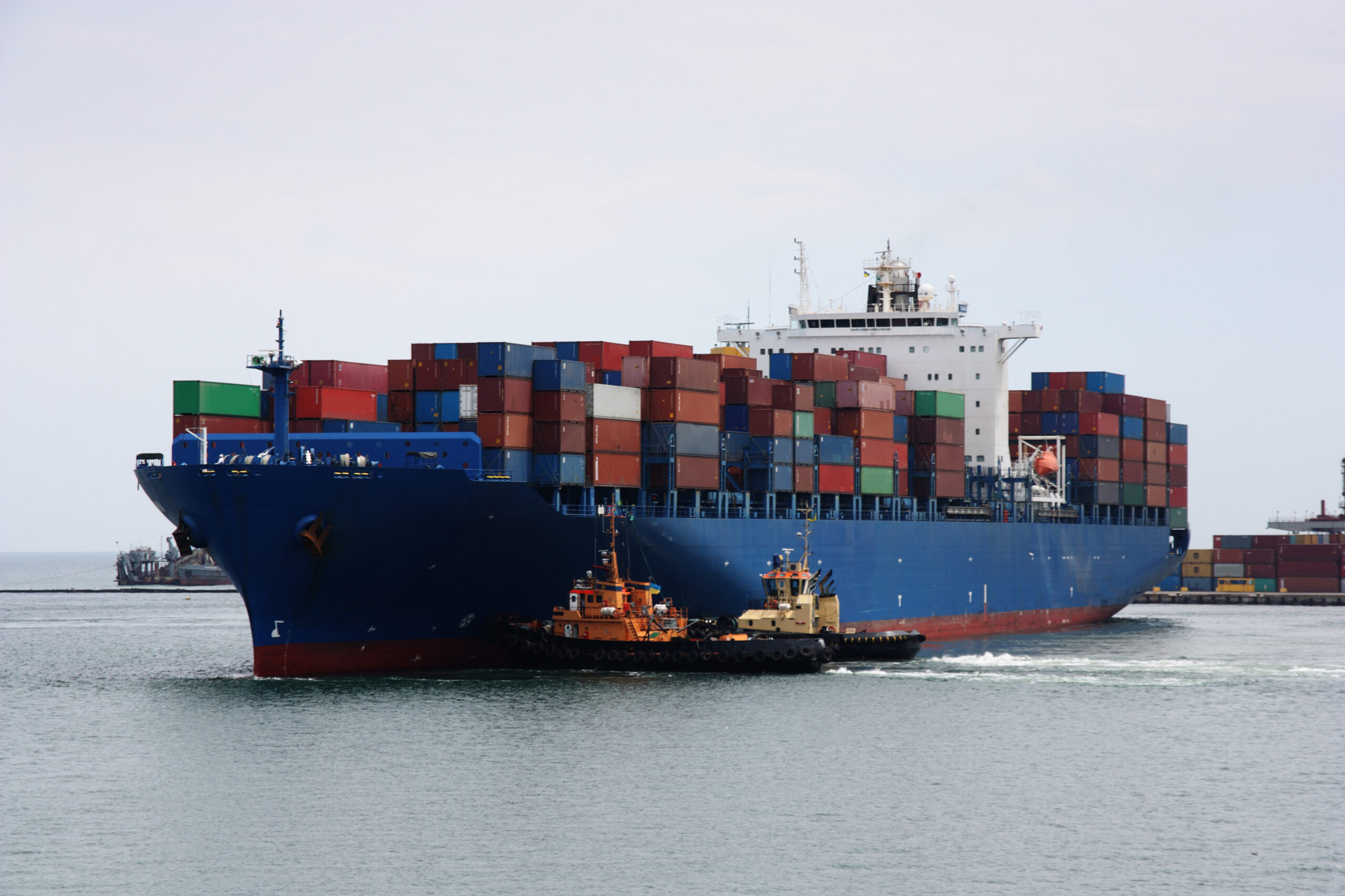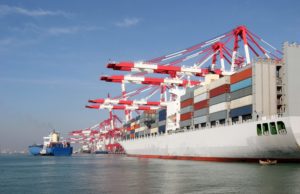Washington-based World Shipping Council, the voice for the liner shipping industry, says the shift to general EU antitrust rules will create a period of uncertainty, as carriers adjust to the new legal structure.
The European Commission has decided on Tuesday not to extend the EU legal framework which exempts liner shipping consortia from EU antitrust rules.
The Commission said the Consortia Block Exemption Regulation (CBER) no longer promotes competition in the shipping sector and therefore it will let it expire on 25 April 2024.
The CBER allows shipping lines, under certain conditions, to enter into cooperation agreements to provide joint cargo transport services, also known as ‘consortia’.
In its announcement, the World Shipping Council notes that the European Commission’s Directorate-General for Competition (DG COMP) recommends letting the sector-specific Consortia Block Exemption Regulation (CBER) lapse, and that liner shipping vessel sharing agreements will be regulated under the general EU antitrust rules based on the Horizontal Block Exemption Regulation and Specialisation Block Exemption Regulation.
Vessel sharing is an operational measure allowing ocean carriers to use ships more efficiently whilst continuing to compete on price and other commercial terms.
John Butler, president and chief executive of the World Shipping Council, pointed out that “We appreciate the DG COMP’s recognition of the many benefits of vessel sharing to European industry and consumers, even if we disagree with the logic behind the recommendation to discontinue the CBER. The shift to general EU antitrust rules will create a period of uncertainty as carriers adjust to the new legal structure. Nevertheless, vessel sharing agreements will remain a fully legal and supported way for carriers to ensure efficient and sustainable transport for Europe.”
The World Shipping Council makes also reference to the European Commission’s DG COMP media release which highlights that liner shipping services “require significant levels of investment and therefore are regularly provided by several shipping companies cooperating in consortia. Consortia can lead to economies of scale and better use of the space of the vessels. A fair share of the benefits resulting from these efficiencies can be passed on to the users of the shipping services in terms of better coverage of ports and better services.”
The European Commission explained yesterday that the expiry of the CBER does not mean that cooperation between shipping lines becomes unlawful under EU antitrust rules.
Instead, carriers operating to or from the EU will assess the compatibility of their co-operation agreements with EU antitrust rules based on the extensive guidance provided in the Horizontal Block Exemption Regulation and Specialisation Block Exemption Regulation.



